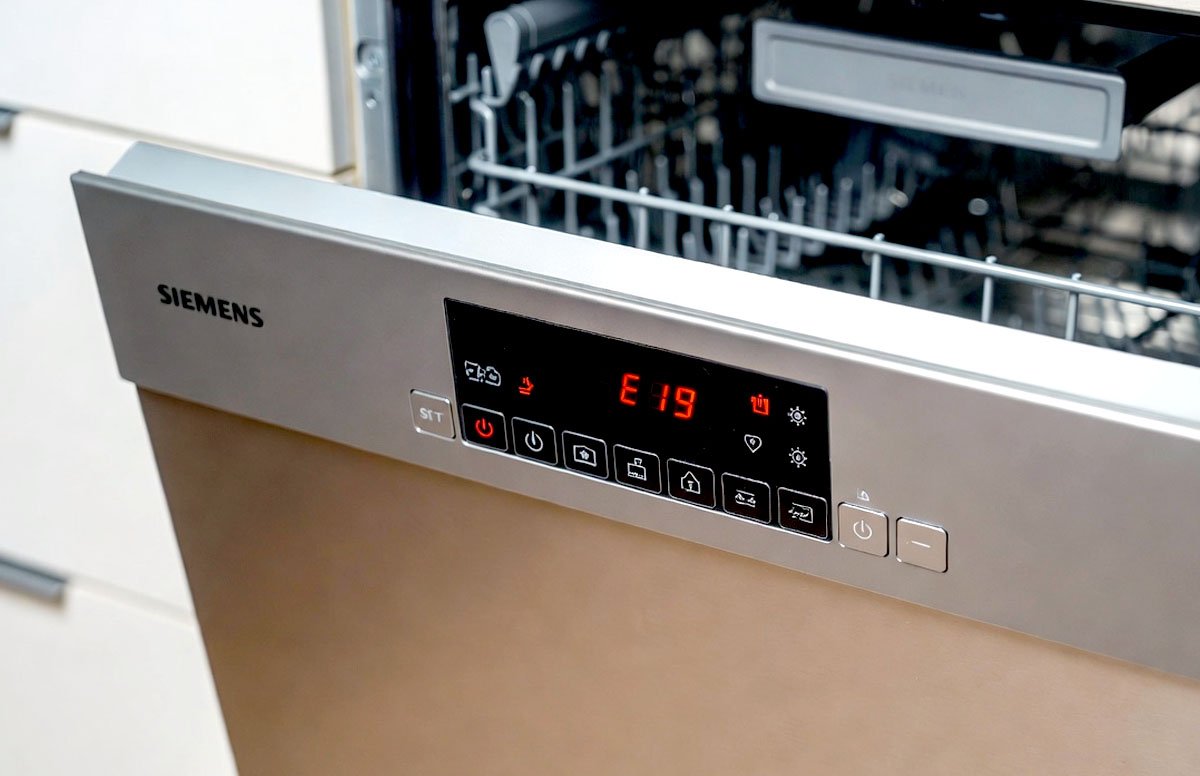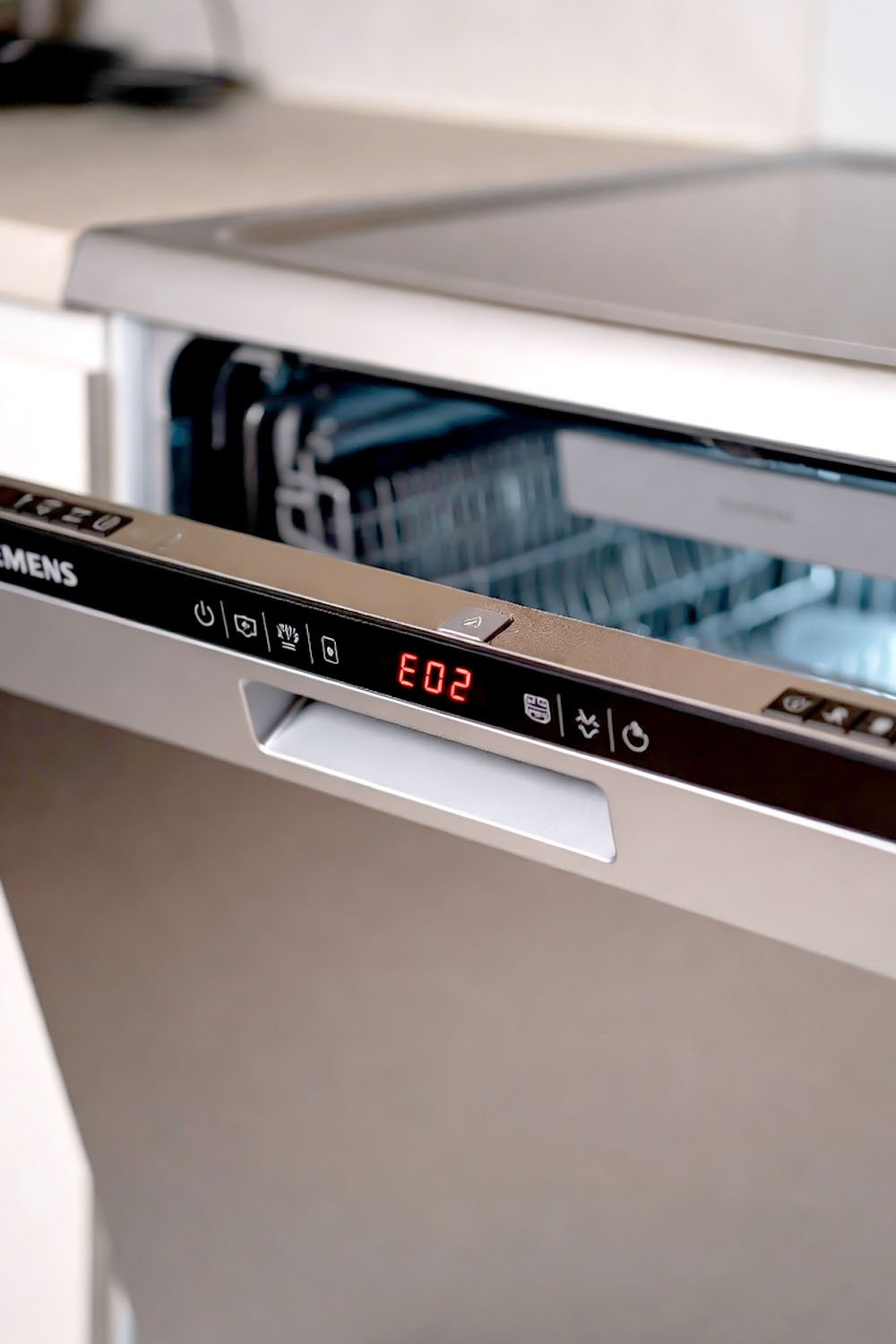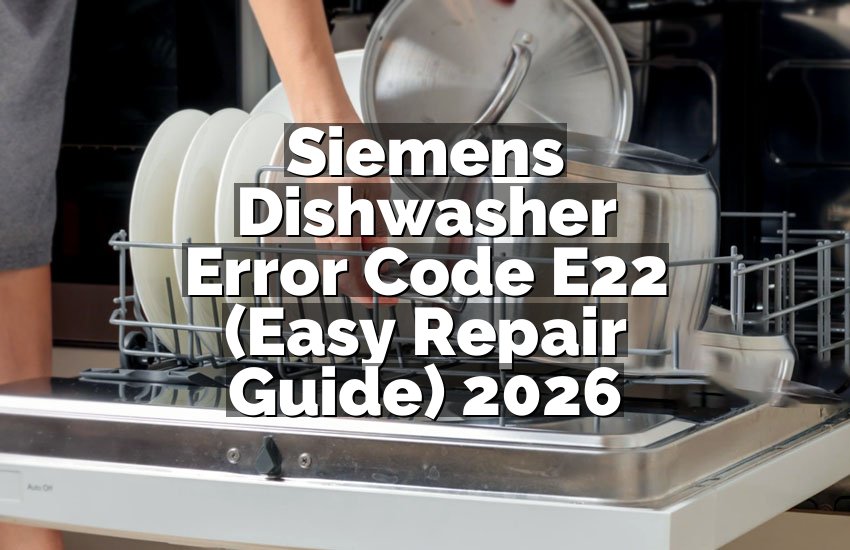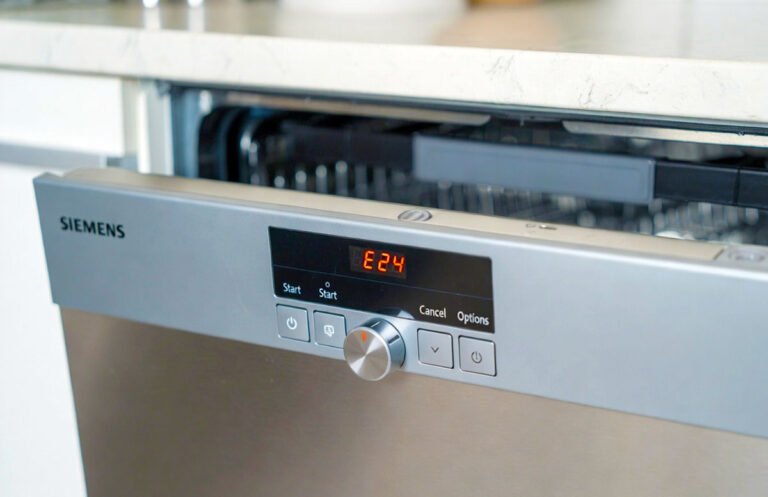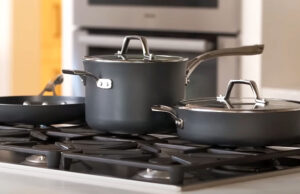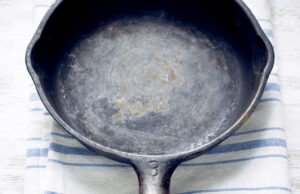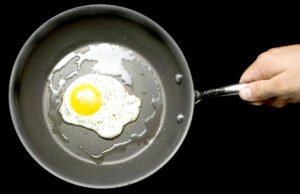As an Amazon Associate, I earn from qualifying purchases at no extra cost to you.
How Long Does a Brita Filter Last One Person? Expert Guide
You might wonder, “How long does a Brita filter last for just one person?” You want clean water every day without guessing when to change the filter. I’ve been there—using a Brita for months and asking myself if it’s still working well. The good news is, a Brita filter usually lasts about 40 gallons or around two months for one person who drinks water normally. In this article, I will explain everything you need to know to get the most out of your Brita filter and keep your water tasting fresh.
How to Know When Your Brita Filter Needs Changing
Knowing when your Brita filter needs to be replaced is the first thing to learn. For one person, the filter usually works well for about 40 gallons of water. This means if you drink about 2 liters or half a gallon a day, your filter will last about 40 days. But if you drink more or less, it changes.
Many Brita pitchers and dispensers have an indicator or a small reminder system that tells you when it’s time to change the filter. This helps you not to forget. If your filter doesn’t have this, you can simply mark the date on your calendar when you start using it, then change it after two months.
Another way to tell is by the taste of the water. When the filter is old, water might taste strange or have a small smell. If you notice this, it’s a good sign to replace the filter. Also, water may flow slower through the filter when it’s getting old because it is clogged with dirt and impurities.
To keep your water fresh and safe, always use clean water to refill your Brita. Dirty water or water with many particles will fill the filter faster and shorten its life.
- A Brita filter lasts about 40 gallons or two months for one person.
- Use a filter change indicator or mark the start date.
- Notice changes in water taste or smell as signs to change.
- Slow water flow means the filter is clogged.
- Use clean water to refill for longer filter life.
How Water Usage Affects Your Brita Filter Life
Water use is very important to understand when thinking about how long a Brita filter lasts. If you drink more water every day, your filter will get used up faster. One person drinking 8 glasses or 2 liters a day will use the filter differently than someone drinking less.
Not just drinking, but also using the filter for cooking, making tea, or coffee will reduce the filter life because the filter has to clean more water. The dirt and impurities build up inside the filter faster.
The quality of your tap water also matters. If your water has many impurities like chlorine, lead, or heavy metals, the filter will work harder and wear out sooner. Clean water with fewer impurities means the filter lasts longer.
If you use your Brita for one person only, the filter life may be longer than usual because it cleans less water every day. But if you share it with family or friends, the filter will need changing more often.
Try to measure how much water you use daily and keep track. This helps you know when your filter needs a change without waiting for problems to happen.
- More water use means shorter filter life.
- Using filtered water for cooking or drinks reduces filter life.
- Dirty or hard tap water wears out filters faster.
- One person’s low water use can extend filter life.
- Track your water use for better filter timing.
How to Extend the Life of Your Brita Filter
Want your Brita filter to last longer? There are easy ways to make that happen. First, only fill your pitcher or dispenser with cold water. Hot water can damage the filter material and make it less effective.
Second, don’t refill the pitcher or dispenser too often. Wait until you finish the water inside before adding more. This helps the filter work better without being overloaded.
Third, clean your Brita pitcher or dispenser regularly. Dirt or mold inside the container can affect the filter’s performance and water taste. Use mild soap and water to clean, then rinse well.
Also, keep your Brita in a cool, dry place. Avoid putting it near the stove or direct sunlight, as heat can shorten the filter life.
Finally, use only Brita replacement filters or certified compatible ones. Cheap or non-certified filters may not work as well and might clog faster.
Following these tips will help your filter last close to or even beyond the usual two months for one person.
- Use only cold water to fill the pitcher.
- Don’t refill until the water inside is finished.
- Clean the pitcher regularly to avoid dirt build-up.
- Store in a cool, dry place away from heat.
- Use only Brita or certified replacement filters.
What Happens If You Don’t Change the Brita Filter On Time?
If you wait too long to change your Brita filter, you might think you are saving money, but it can cause problems. An old filter won’t clean water well. This means your water may have more chlorine, metals, or bad taste.
Also, a clogged filter can slow water flow, making it harder to get water from your pitcher. Sometimes, a dirty filter can even cause mold or bacteria to grow inside the pitcher. This is not good for your health.
Using an expired filter may also affect the taste of your drinks and food. Tea, coffee, and cooking water may taste funny or have a strange smell.
If you don’t change the filter on time, you miss the point of having a Brita—to have fresh, clean, and tasty water. Changing the filter regularly is important for your health and enjoyment.
- Old filters don’t clean water well.
- Water flow slows down with clogged filters.
- Dirty filters can cause mold or bacteria growth.
- Bad filter affects taste and smell of water and drinks.
- Regular changes keep water fresh and healthy.
How to Properly Dispose and Replace Your Brita Filter
When your Brita filter is finished, it’s important to throw it away the right way and put in a new one properly. Most Brita filters are not recyclable in regular recycling bins because they contain activated carbon and other materials.
You should check if your local recycling center accepts Brita filters or if there is a special program for filter recycling. Brita has a program in some places where you can send used filters back for recycling.
When you get a new filter, soak it in cold water for about 15 minutes before using. This helps activate the filter and get rid of loose carbon dust. Rinse it well and follow the instructions in your Brita package.
Put the new filter in your pitcher or dispenser tightly, so water doesn’t leak around it. Reset any filter change indicators or reminders.
Taking care when changing filters keeps your water clean and helps the filter work properly.
- Used filters often cannot go in regular recycling.
- Check for special recycling programs for Brita filters.
- Soak new filter in cold water for 15 minutes before use.
- Rinse the filter well before installing.
- Install the filter tightly and reset reminders.
How Your Personal Drinking Habits Affect Filter Replacement Time
Your personal habits change how long your Brita filter lasts. If you drink water slowly or don’t drink a lot, your filter might last longer than two months. But if you drink many glasses every day or fill a water bottle from the pitcher multiple times, the filter will use up faster.
Some people only use filtered water for drinking, while others use it for cooking, making coffee, or watering plants. Using filtered water for many things means the filter cleans more water and will need changing sooner.
If you live in a place with hard water or water that tastes bad, you might find yourself changing the filter more often because it works harder.
Keeping track of how often you refill the pitcher and how much water you drink helps you know when it’s time to replace the filter.
- Drinking less water can make the filter last longer.
- Using filtered water for cooking or drinks uses up the filter faster.
- Hard or bad tasting water shortens filter life.
- Tracking your water drinking habits helps with filter timing.
- Personal use is key to knowing when to change filters.
Quick Guide
| Topic | Details |
|---|---|
| Average filter life | About 40 gallons or 2 months |
| Daily water use | Around 2 liters (8 cups) |
| Signs to change filter | Slow flow, bad taste, smell |
| Ways to extend filter life | Use cold water, clean pitcher |
| Filter disposal | Check local recycling programs |
| Personal habits effect | More use = faster filter change |
Final Thoughts
Using a Brita filter is an easy way to get clean and tasty water every day. For one person, the filter usually lasts about two months or 40 gallons of water. But how long it really lasts depends on your water use, the water quality, and how well you take care of the filter and pitcher. Paying attention to water taste, flow speed, and the filter indicator can help you know when to change it. Remember, changing your filter on time keeps your water fresh and safe to drink.
Frequently Asked Questions (FAQs)
Is it safe to use a Brita filter after two months?
It is not very safe to use a Brita filter after two months because the filter may stop cleaning water well. Over time, it collects dirt, chlorine, and other things from your water, so it can’t remove them anymore. Using an old filter can let impurities pass through, which is not good for your health. You might also notice bad taste or smell. Changing the filter every two months or when the indicator shows is the best way to keep your water safe and fresh.
Can I use a Brita filter for cooking?
Yes, you can use a Brita filter for cooking. Filtered water can make your food taste better and is cleaner, especially if your tap water has a strong taste or smell. Using filtered water for cooking can help remove chlorine and other impurities that can affect the flavor of your meals. Just remember that using the filter more for cooking will shorten its life, so you might need to change it sooner.
Do I need to soak the Brita filter before first use?
Yes, you should soak the Brita filter before using it for the first time. Soaking for about 15 minutes in cold water helps remove carbon dust inside the filter and prepares it to work properly. After soaking, rinse the filter well before placing it in the pitcher or dispenser. This simple step helps your filter clean water better and last longer.
Is it normal for water to flow slowly through the filter?
Yes, it is normal for water to flow slowly through the Brita filter because the filter cleans the water by removing impurities. But if the water becomes very slow or stops, it might mean the filter is clogged and needs changing. A new or clean filter usually allows water to pass through at a steady speed. If water flow is too slow, check if the filter is old or dirty.
Can I reuse a Brita filter after it dries out?
It’s not recommended to reuse a Brita filter after it dries out for a long time. When a filter dries, some parts inside may get damaged, and it might not clean water well anymore. If the filter has only been dry for a short time, rinsing it again might help, but it’s better to use a new filter to be safe.
Do I need to clean my Brita pitcher regularly?
Yes, cleaning your Brita pitcher regularly is very important. Over time, dirt, mold, or bacteria can build up inside the pitcher and affect water taste and safety. Use mild soap and warm water to clean the pitcher every few weeks, and rinse it well before adding filtered water. Keeping the pitcher clean helps your filter work better and keeps your water fresh.
Is it okay to use hot water with a Brita filter?
No, it’s not okay to use hot water with a Brita filter. Hot water can damage the filter’s materials and reduce how well it works. Always use cold or room temperature water when filling your Brita pitcher or dispenser. Using hot water can make your filter break faster and not clean water properly.
Can hard water affect the Brita filter life?
Yes, hard water can affect the life of your Brita filter. Hard water has more minerals like calcium and magnesium that can build up inside the filter and clog it faster. This means you might need to change your filter more often if you have hard water. Using filtered water helps improve taste, but hard water makes the filter work harder.

